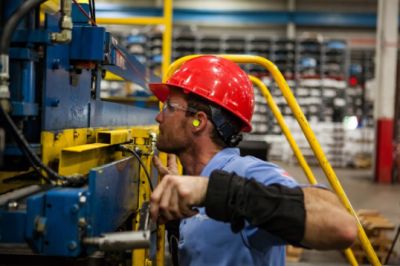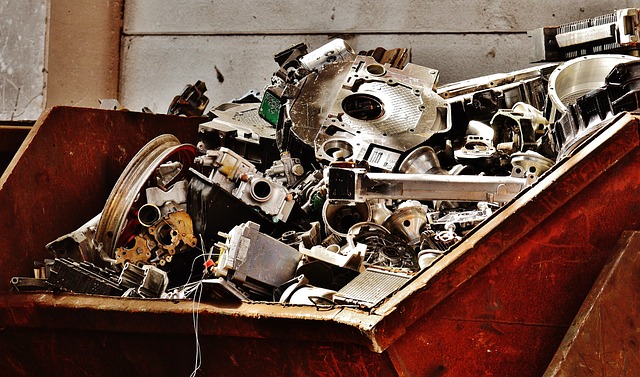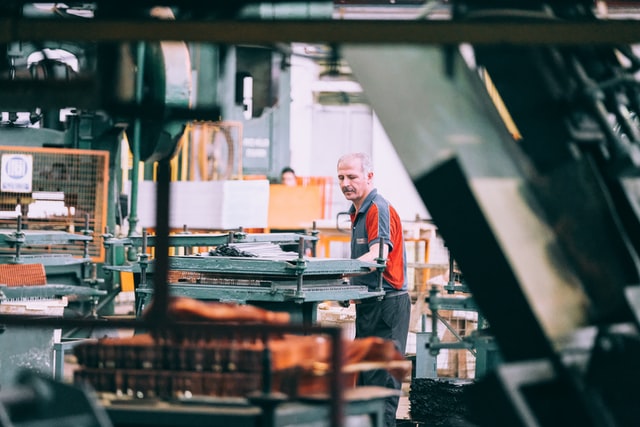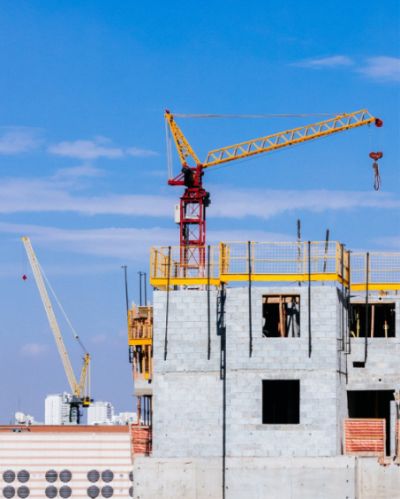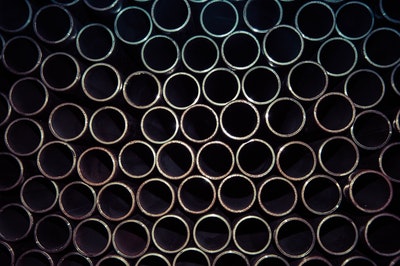5 Types of Industrial Fasteners Importance for the Construction Sector
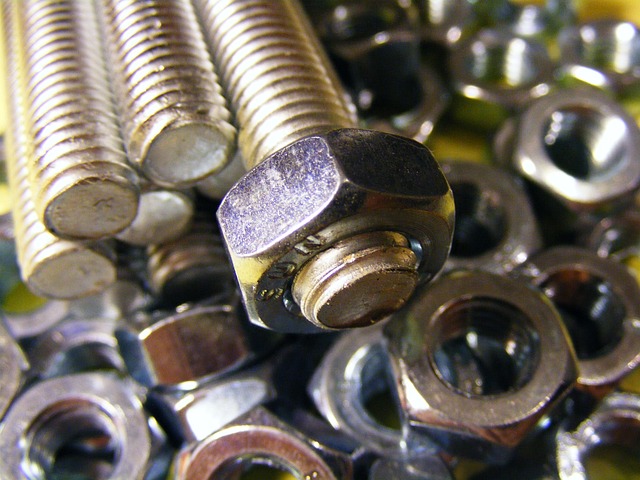
Despite not being the most important and attractive part of the construction business, industrial fasteners are unquestionably one of the most important.
These seemingly humble pieces are vital in ensuring the safety, durability, and structural integrity of buildings and infrastructure projects.
This article will delve into the significance of these fasteners to the construction industry, exploring their various applications and why they are indispensable for every construction project.
What Are Industrial Fasteners?
These fasteners are mechanical components used to join two or more objects together, often in a secure and non-permanent manner.
They come in various shapes, sizes, and materials, and their selection depends on the specific application and requirements of the project.
Types of Industrial Hardware
The construction industry relies on a wide variety of these fasteners, each designed for specific purposes. Some common types include:
1. Bolts and Nuts: These connect two or more pieces of material by threading the bolt through holes and securing it with a nut. They are appropriate for various applications since they are available in various sizes and materials.
2. Screws: Screws are used to join materials by creating a threaded path. They are available in different head styles, thread patterns, and materials, making them versatile for construction.
3. Anchors are essential for securing heavy objects to concrete or masonry surfaces. They provide stability and prevent structural failure.
4. Rivets: Rivets are typically used when welding or screws are impractical. They are ideal for joining materials like metal and are widely used in the aerospace and automotive industries.
5. Washers: Washers are often used with bolts and nuts to distribute the load and prevent damage to the fastened material.
The Importance of Industrial Hardware in Construction
1. Structural Integrity: It is the backbone of any building or infrastructure project. They provide the strength and stability to ensure structures can withstand various loads, including wind, earthquakes, and heavy equipment.
2. Safety: Safety is paramount in construction. Properly chosen and installed fasteners reduce the risk of accidents and structural failures, safeguarding the lives of construction workers and future occupants.
3. Durability: Buildings and infrastructure are designed to last for decades if not centuries. They play a pivotal role in ensuring that the various components of a structure remain firmly connected over its lifespan, contributing to its durability.
4. Ease of Maintenance: When maintenance or repairs are necessary, these fasteners make it easier to disassemble and replace components, reducing downtime and costs.
Applications of Industrial Hardware in Construction
Engineering fasteners play a crucial role in various applications within the construction industry, ensuring buildings’ and infrastructure’s structural integrity and safety.
1. Steel Structures: In constructing steel buildings and bridges, bolts and nuts are used to secure beams, columns, and other structural elements.
2. Concrete Structures: Anchors are critical in securing fixtures and equipment to concrete walls and floors in commercial and residential buildings.
3. Wooden Structures: Screws and bolts are employed to join wooden components in residential construction, from framing to cabinetry.
4. Roofing: Roofing fasteners, such as roofing screws and nails, ensure roofing materials remain firmly attached and weather-resistant.
5. Infrastructure Projects: In constructing roads, bridges, and tunnels, these fasteners connect steel girders and concrete elements, providing the necessary strength for these vital structures. Automotive fasteners are crucial in various applications, including industrial hardware used in construction projects.
Conclusion
Industrial fasteners may not steal the spotlight in the construction industry, but they are the unsung heroes that hold everything together.
Their importance cannot be overstated, as they contribute to the structural integrity, safety, and longevity of buildings and infrastructure projects.
As construction methods evolve, industrial fastenings remain as crucial as ever, ensuring that the built environment remains stable, secure, and reliable for generations.

